












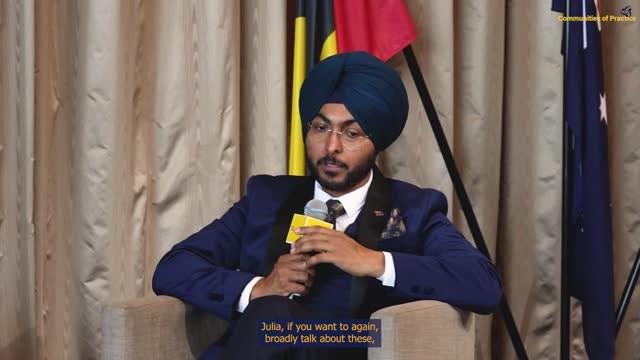






















Millions of Indians have celebrated the Holi festival, dancing to festive music, exchanging food and drink and smearing each other with red, green, blue and pink powder that has turned the air into a joyful kaleidoscope of colour.
Widely known as the Hindu festival of colours, Holi marks the arrival of spring in India, Nepal and other South Asian countries.
It also celebrates the divine love between the Hindu god Krishna and his consort Radha, and signifies a time of rebirth and rejuvenation, embracing the positive, while letting go of negative energy.
The festival was celebrated by revellers some dressed in all white drenching one another in coloured powder while others flung water balloons filled with vibrant pigments and used squirt guns to chase down fellow revellers while many danced to music blaring from speakers.
Food and drink are a big part of the festivities. Vendors across India sold thandai a traditional beverage prepared with milk and dry fruits.
In parts of India, people also lit large bonfires the night before the festival to commemorate the triumph of good over evil.
Holi traditions vary across India, the world's second-most-populous nation, with more than 1.4 billion people.
Sara Gingold DSC
On 30 January Minister for Social Services
Amanda Rishworth and NDIS Minister Bill Shorten, announced $129.8m in funding for ‘immediate steps to take action in response to the historic Review.’
As we’re still waiting on the government’s formal response to the NDIS Review recommendations, this media release offers an early insight into the areas the government is ready to invest in. But, as you will read below, it’s a bit light on details.
The main focus of the media release is the announcement of $11.6m to develop a Foundational Supports Strategy. The media release says the Strategy will be developed and ready to be considered by National Cabinet by the second half of the year. Quite the speedy turn around for government!
The NDIS Review recommended the Commonwealth and states and territories invest in foundational supports to address what its Final Report described as one of the key challenges facing the Scheme - that it is effectively an oasis in the desert. Foundational support would be disability supports available to all people with a disability under 65, regardless of whether they are NDIS participants. This is the only recommendation we know for certain will be accepted, as it was agreed by National Cabinet the day before the Review’s findings were released.
The media release says the development of the Strategy would be led by Minister Rishworth in consultation with Minister Shorten. So, its Department of Social Services’ (DSS) baby. It also promised the Strategy would be informed by a ‘diverse set of perspec-
tives,’ including people with disabilities, family members, carers and researchers, to ensure ‘no one is left behind.’ The Review’s Report recommended that the Strategy be developed with an advisory group consisting of Disability Representative Organisations (DROs) and people with disabilities. When/if we can expect this advisory group to be formed, is not clear at this stage.
The media release doesn’t get into what the Strategy would aim to achieve, but the Review recommended it focus on ‘improving the planning, coordination, implementation, and accountability of foundational supports across jurisdictions.’
It’s the word ‘accountability’ that really piqued my interest!
Where’s the rest of the money going?
• $54.7m for fairer and better ways to access an NDIS Budget;
• $49.7m for improved home and living options;
• $10.2m to repair the market for better ways to access and pay for supports; and
• $3.6m to undertake design and consultation work on a system of best practice early childhood supports.’
Those are definitely words, alright. But they are so broad that nobody could accuse them of saying much. Maybe that’s reasonable for a press release, but as someone who lives for details, really?
Committing funding to these areas might indicate that, along with foundational supports, they are the government’s short-term priorities. Or it might not! We don’t really know. My guess is they are keeping things vague to leave their options open while they formulate their response to the Review’s recommendations.
Amends the National Disability Insurance Scheme Act 2013 to do the following things:
1. Require the NDIA to provide participants with a clear statement of the basis on which they entered the NDIS, either by meeting the disability requirements, the early intervention requirements, or both. The Bill will also clarify and expand the NDIS rules relating to access provisions, including the methods or criteria to be applied when making decisions about the disability and early intervention criteria and the matters which must or must not be taken into account.
2. Create the new reasonable and necessary budget framework for the preparation of NDIS participants’ plans. This aligns with the original intent of the NDIS to support people with permanent and significant disability as part of a larger landscape of supports outside of the NDIS. The Bill provides for ‘new framework plans’ to be developed in accordance with a new budget framework. Participants will receive funding based on whether they accessed the Scheme on the basis of impairments that meet the disability requirements or the early intervention requirements or both.
3. Provide for the needs assessment process and the method for calculating the total amount of the participant's flexible funding and funding for stated supports for new framework plans to be specified in legislative instruments and NDIS rules. These will be developed in consultation with people with disability, the disability community, health and allied health tech-
nical professionals, and with all States and Territories.
4. Insert a new definition of ‘NDIS supports’ which will provide a clear definition for all participants of the authorised supports that will be funded by the NDIS and those that will not.
5. Insert measures focused on protecting participants such as:
• Allowing the CEO to specify in the statement of participant supports the total funding amount under the plan for reasonable and necessary supports together with the funding component amount under the plan for each support or class of support up to a specified amount.
• Clarifying the requirement that an NDIS participant who receives an amount or amounts for NDIS supports may only spend that money in accordance with the participant's plan. This reflects the reasonable expectation that participants should spend up to the limits specified in their plan – unless their needs significantly change and spend on supports needed as a result of their impairment.
• Enabling the NDIA to change the plan management type as well as imposing shorter funding periods to safeguard participants where others may seek to exploit or coerce the participant to use their package in a way that is not consistent with their best interests.
6. Insert quality and safeguard amendments to enable the imposition of conditions on approved quality auditors to not employ or engage a person against whom a banning order has been made, and to enable greater delegation of the Commissioner's compliance and enforcement powers to specified positions.
Rob Woolley DSC
The dust is settling on the release of the NDIS 10 Year Review, and all our minds turn to the just released government response. Out of all the 26 recommendations and 139 actions, the one word coming up again and again that snuck past the headline writers was ‘digital.’
After talking about it for almost a decade, in recent years the NDIA has made attempts to become a more technologically modern government agency. The 10 Year Review Final Report is the most concrete commitment to improving the digital foundation of the Scheme we’ve seen.
We should note that, like everything else in the Review’s Final Report, these are only recommendations at this stage. The Commonwealth Government has not formally responded to the recommendations and the final outcomes might look very different to what is being proposed.
As well as being Minister for the NDIS, Minister Shorten is also Minister for Government Services, so presumably is plugged in to broader plans to digitize other Commonwealth Government functions (like the Data and Digital Government Strategy). We already know many government agencies and systems are using advanced digital technology including chatbots, virtual assistants, image detection at border controls, data mapping and AI for fraud detection. And of course we have our favourite government system rollout, PACE. So, we shouldn’t expect that the NDIA keeps using Cold Warera technology to implement one of the most complex government service systems
In December 2023, the updated Australian Government Digital Service Standard was released. This is a mandatory quality and accessibility standard for all government IT portals, that gives citizens access to multiple government services. Like something straight from the recycling bin of the Utopia writer’s room, it aims to “consolidate digital access for citizen facing services, into centralised secure, scalable, and reliable digital portals” to “provide easier access to digital government services and enable a consistent and predictable digital experience for Australians”.
On top of all of that, the NDIS Quality and Safeguards Commission released their Data and Digital Roadmap in early 2023. This aligns with their 2022-27 Strategic Plan and aims to use digital solutions to improve outcomes for stakeholders and improve processes inside the Commission. It’s hard to pin down what this practically means – but there’s long been a view that the Commission is trying to do a sophisticated job with unsophisticated technology, so my guess would be digital solutions that record complaints, systemic issues and connect teams, better than how it happens now.
So, although it feels like the focus on digital access and solutions has come out of the blue, it’s actually been slowly burning across different parts of the Scheme and broader government for a while.
The Review Final Report made several recommendations related to digital technology, centered around the broad aim that the NDIA should invest in digital infrastructure to enable accessible, timely and reliable information and streamlined processes.
This was then broken down into recommending:
The development of an easy-to-use centralised online platform that provides information on all locally available services and supports. I don’t know if anyone reading this has ever tried to manage and update an online directory of literally anything but good luck with that one, Bill. For providers, this might mean a rethinking of marketing approaches if this centralised online platform ends up being better than the current Provider Finder. Watch this space.
Better two-way information sharing between the NDIA, the new National Disability Supports Quality and Safeguards Commission and “third party online platforms” to encourage digital innovation, that builds on the above centralised platform. These ideas were also mentioned in some of the recommendations from the Royal Commission and also come with some significant privacy considerations to work through.
Investment in the underpinning digital infrastructure and capability needed to protect the integrity of the NDIS. Our assumption is that at the thick end of the wedge, this is using technology to make things like the registration process simpler and easier. And at the sharper end, it’s using technology to beef up fraud detection, funds misuse, safeguarding concerns, and non-compliance.
The development of a NDIS Digital Transformation Strategy to tie all of this together.
Reading the Final Report, it’s clear that these changes are partly about Scheme integrity and decision-making, but primarily are aimed at making the Scheme easier to navigate for participants and improving quality of supports. The Review emphasised that technology should support people to be informed consumers and keep people safe.
At the 2021 Edinburgh TV Festival, the BBC and Netflix unveiled what the pair described as a landmark five-year disability partnership that would unearth a new generation of shows helmed by disabled talent.
But more than half of the partnership’s fiveyear time period has now elapsed and not one show has been revealed.
In recent months, sources from the UK drama and disabled TV communities have begun questioning the partnership as to why a tie-up that was unveiled with such fanfare has so far failed to bear fruit.
“
It’s slightly bizarre,” said one professional connected with disability programs. “I’ve heard nothing from anyone to be honest. No one can get a definitive answer.”
The partnership came in the wake of a blistering Edinburgh TV Festival MacTaggart broadside from Help writer Jack Thorne, who slammed the UK TV industry for “totally and utterly” failing disabled people.
They said they wanted to “firmly place the shows alongside our most talked about original dramas.” “Deaf, disabled and neurodivergent creators are some of the least well represented groups on television in the UK and, put simply, we want to change that fact,” Mensah said at the time. “Together with the BBC, we hope to help these creators tell the biggest and boldest stories and speak to the broadest possible British and global audience.”
The BBC and Netflix said they had shows in development via the partnership and issued a joint statement saying they are in it for “the long haul.” 18 months later, there is still no word on greenlights.
“It feels as though there is no clarity as yet,” said another insider from the community.

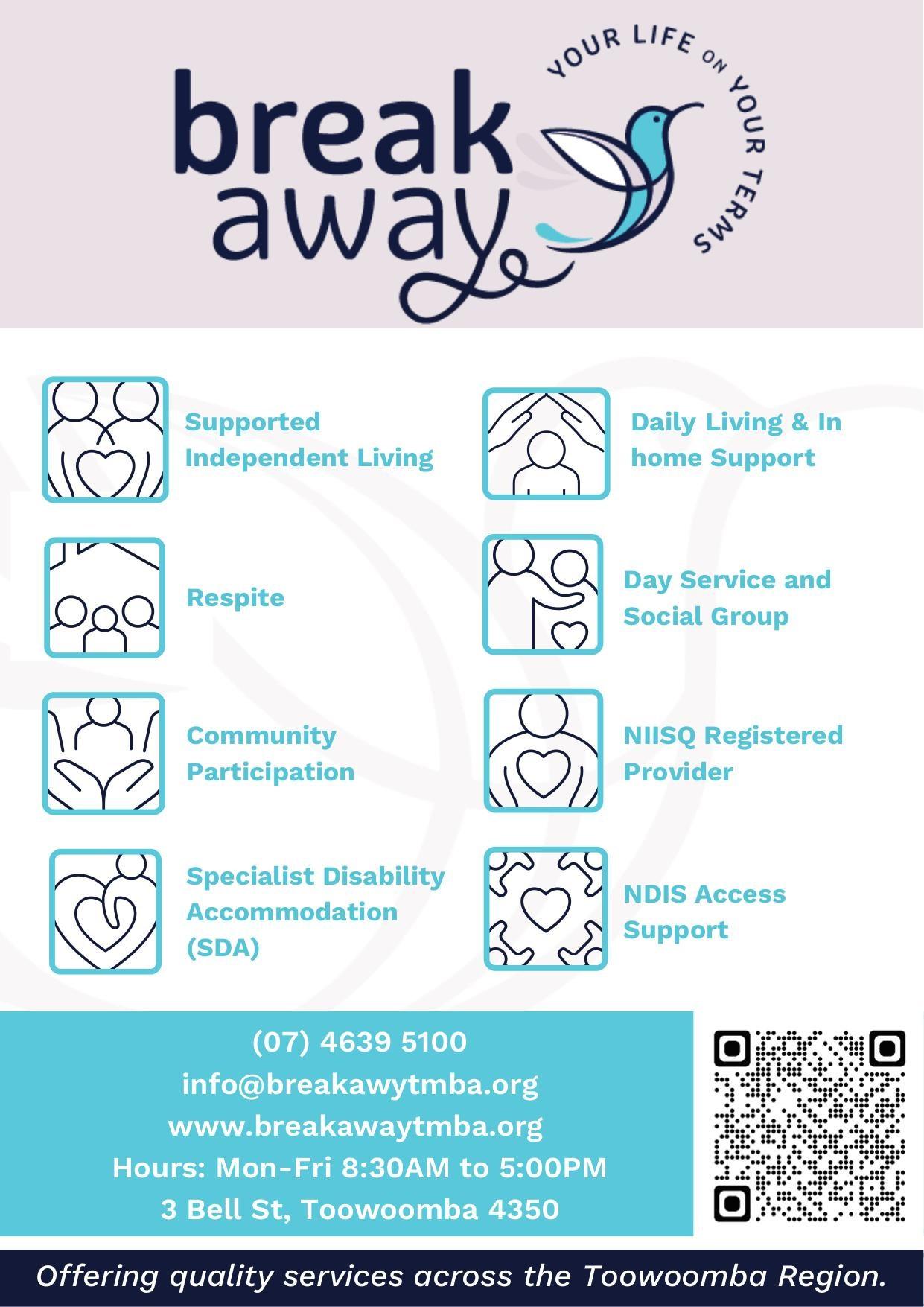


Recent years have highlighted the epidemic of abuse of people with disability. The Royal Commission has shone a light on the devastating personal and social costs of abuse. In this article, we discuss the challenges providers face in accessing insurance for physical and sexual abuse and the flow-on effect this is having on the supports that NDIS participants can access.
But WhatsUp in Disability would be remiss if we did not begin by stating what should not need to be stated: that the abuse of people with disability is the much greater injustice here.
Insurance issues and the impact they have on participants are serious and need to be addressed, but looming over this topic is the greater tragedy of horrific experiences of abuse.
On the insurance issue, the problem is this:
• Many insurers are withdrawing or heavily restricting coverage for physical and sexual abuse, specifically for providers delivering 1:1 overnight supports in the participant’s home.
• With no insurance coverage for some services that participants need, affected providers are scrambling to make painful decisions – do we still deliver the supports uninsured?
• If we don’t deliver the supports, what does that mean for the people with disability who rely on it?
Adding to the problem is that this issue is often only uncovered at insurance renewal time, which means many providers are
sleepwalking into an enormous governance risk.
As far as we can tell from our conversations with providers, insurance brokers, and insurers, this issue extends across every state and territory. It applies to registered and unregistered providers.
And your NDIS Commission audit probably would not have picked it up as a risk.
But as with many things, the actions of insurers are only the tip of the iceberg here.
First, let’s take a step back and briefly examine the different parties involved, so everyone is clear on who does what:
Deliver NDIS services and supports to participants.
Offer expert advice and guidance to providers to help them find the best insurance coverage and meet the insurer’s needs.
Assess risk, set appropriate premiums, develop products, and ultimately provide insurance coverage to providers. Insurers are the ones who pay out in the event of a claim, and those costs can be significant (covering legal and defence costs, as well as any actual settlements).
This can refer to different things with different insurers but usually means coverage for any financial claims made against a provider when physical or sexual abuse has occurred. PSA is still available to providers, but its coverage has been restricted in many situations.
Continued on page 10
The problem of providers being unable to find insurance coverage appropriate to their supports became more prominent earlier this year, although the issue has been on insurers’ radar for several years.
All providers choose their level of insurance coverage – that is a business decision, and PSA has been a relatively common coverage that many find fundamental to the effective financial governance of a provider.
There seem to be some consistent themes in what brokers, insurers, and providers have told us in recent months:
The issue only emerges at renewal time, so it often blindsides providers. Some providers have said that they walked into the annual meeting expecting to renew their existing insurance and walked out with effectively no PSA coverage for 1:1 overnight supports.
This is often a result of insurers updating their forms or questionnaires to dig deeper and ask for more granular information on the specifics of support provided.
The withdrawal or heavy restriction of coverage seems to apply mainly to 1:1 overnight supports in the participant’s home. Group arrangements or situations with more than one worker on shift and supports during the day often don’t face the same insurance restrictions.
This is odd because abuse doesn’t only happen on overnight shifts!
Many insurers are saying that risk mitigation and management approaches won’t change what they will cover. In many cases, the insurer is saying, “we understand that you recently passed your NDIS Commission audit with flying colours, have never had any previous claims, and have a sterling reputation
with lots of policies and procedures...but we still can’t provide insurance coverage for PSA on your 1:1 overnight supports”, which makes it very difficult for providers to respond with appropriate risk management strategies.
There’s been no specific cause identified for this widespread withdrawal of insurance.
This seems to be a slow adjustment of coverage that has recently picked up speed.
There are general and wide-ranging industry fears about ineffective sector safeguarding standards, loose registration requirements, high-profile cases like the abuse of Ann Marie Smith, and the role of the Royal Commission in rightly shining a light on abuse, but no single or dominant factor can be attributed to the change in approach from insurers. Insurance companies seem particularly concerned about retrospective claiming.
These claims are often (again quite rightly) high in value to reflect the significant scope and impact of abuse, and it’s very difficult for actuaries to set premiums today to reflect these potential future costs.
We should be clear that some providers have managed to find coverage for PSA for 1:1 overnights, and that PSA coverage is still available for many other activities. But it’s getting harder and harder to find coverage, and brokers report having to look further afield.
One insurer reported that this is particularly true for providers that haven’t taken what they might view as a very active stance in addressing physical and sexual abuse. In this case, PSA coverage for 1:1 overnights will be more a case of “we can’t offer this coverage to a provider with inadequate risk management controls” rather than “we can’t
offer PSA coverage at all”. Insurers have also told us that past success is no indicator of future success in safeguarding (and retrospective claims means that apparent past success might not be the complete picture) and that a tokenistic policy on preventing abuse is no longer enough.
Many insurers still offering PSA coverage for 1:1 overnights are now not only looking for the existence of procedures but also testing their effectiveness, which can only be a good thing.
The potential impacts of a lack of insurance coverage for PSA in 1:1 overnight supports are significant for a number of parties:
Providers that can’t obtain insurance coverage for specific services may decide not to deliver those supports. This would force participants to choose between paying double the costs for 2:1 overnights (and rapidly blowing through their plan funds), moving out of their current living arrangement into a group setting, or going without overnight support.
If providers decide to deliver this support anyway and later have a substantiated PSA claim against them, the financial consequences could be severe, with smaller providers at risk of going out of business.
The NDIA has grand plans for more flexible, individualised, community-based home and living supports. If providers can’t obtain insurance coverage for those supports, then it’s not reasonable to expect the market to deliver them.
Market failure, where providers feel unable to deliver supports that do not have appropriate insurance coverage, is another injustice for people with disability who might be relying on that support to live the life they want.
We want diversity in the market, and I don’t know anyone who would be willing to risk putting a new business in such an exposed position by offering this vital support.
The removal of coverage is a logical response by insurance providers that need to
protect themselves, but it doesn’t make participants any safer. However, let’s not put this at the door of insurers – they are only responding to changes in the market, the sector, and community expectations. Safeguarding failures are rarely down to a single break in the chain and are everyone’s responsibility. This change is potentially disruptive for providers and participants but scapegoating the insurance industry isn’t the answer.
As mentioned at the start, we all know that insurance coverage is not the real story.
While it is true that participant choice and control will be affected by limitations on what providers can get insured for, we can’t ignore that physical and sexual abuse of people with disability is an ongoing and devasting issue in itself that providers need to address (not just be insured against).
Insurance is simply the safety net of a robust and effective quality and safeguarding system.
Expecting providers to operate as commercial entities, which makes them subject to the decisions of the insurance industry, is one of many unintended consequences of the move from block funding to the NDIS. From the insurer perspective, why should the commercial insurance sector absorb the costs of the failure of providers, the sector, and the community to keep people safe?
This is much deeper than an insurance or compliance issue.
The most powerful thing providers can do is take more action to stop abuse from happening, acknowledging that safeguarding is much, much more than risk assessments and policies (as Jess covered so clearly last year).
Talk with participants about sex, relationships, what makes them feel comfortable and uncomfortable, safeguarding, who to go to for help, and so on. And give workers the cultural and structural freedom to support these conversations.
Continued on page 13



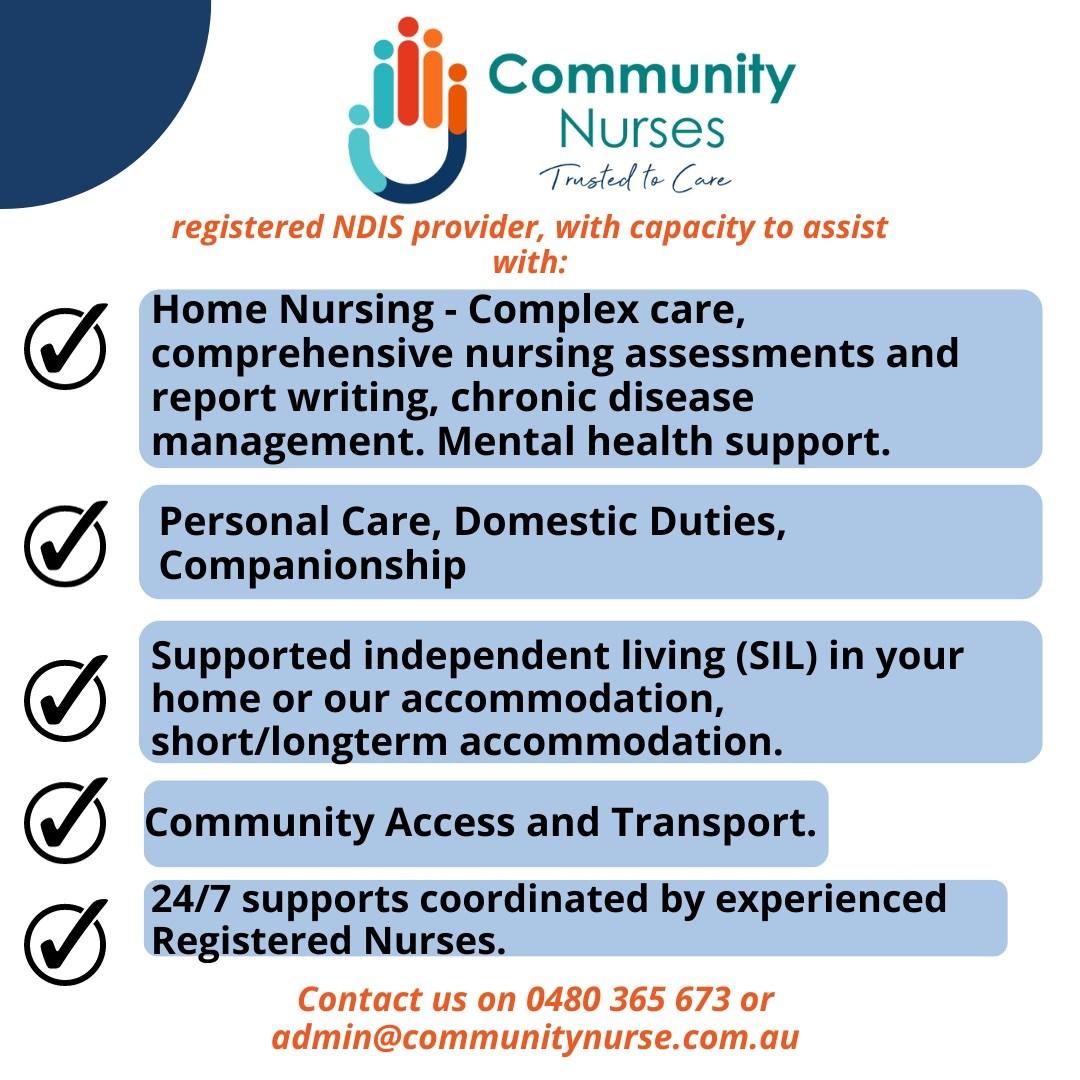

In addition to that safeguarding work, providers can also:
• Have a tough conversation with your insurance broker as soon as possible - ideally yesterday, if not sooner. Some brokers have been proactive in contacting providers and warning them about this change in coverage, while others haven’t. Consider getting quotes from other brokers.
• Explore other options with your broker –what kind of risk management strategies might move the risk for the insurer from “unacceptable” to “acceptable”?
If it’s a steadfast “no, we won’t cover that anymore”, ask your broker or insurer to explore other insurance products that might lessen the impact of any future claims.
Things like Directors Liability Coverage and Legal Expense Coverage might not provide a like-for-like level of insurance protection but could help soften the blow in the event of a claim.
However, you’ll still need to go through these products with a fine-tooth comb to make sure they give you what you need.
We’ve also had isolated feedback that escalating the issue to a more senior person at the insurance provider has worked for some providers, so be prepared to do that.
In the past, some state governments have run insurance schemes specifically for the disability sector. If you are seeing restrictions in insurance coverage, contact your state member and ask for help. In other sectors, State Governments have covered the insurance gap in the short term.
The Federal government also has a role to play here, so ask your federal MP for help (an interjurisdictional working group has been established involving a number of
If the NDIA wants a responsive, flexible industry with choice for participants, they need to support the sector on matters like these.
To be clear: nobody is asking the Agency to write any cheques for providers, but there are other ways the Federal government can support the sector. There are a number of possible solutions, and the Federal government has a significant role to play in all of them.
Part of the role of third-party auditors should be to highlight significant governance concerns like this. We get lots of informal feedback that some auditors contracted by the NDIS Commission have little practical knowledge of contemporary disability support provision. So, the Commission recruiting a panel of auditors with more sectorspecific knowledge would help identify gaps in how providers prevent abuse.
Let’s reframe this – this isn’t just the insurance industry removing or restricting PSA coverage. It is the manifestation of decades of the government, sector, and community having inappropriate safeguards in place.
So this is actually an opportunity for the sector to rethink how we safeguard, for governments to support the sector in doing just that, and for insurers to reflect a safer environment in their coverage decisions. Insurers are at the end of the chain, not at the start.
There is currently no system-wide response to this looming threat to choice and control. So, if you’re having problems getting coverage, make your voice heard on the shortand long-term supports you require. This has snuck up on many providers, but now is the time to respond – if something doesn’t change, the impact on fundamental parts of the NDIS will be huge.
We often talk about what our children are doing after school and all of the stress associated with ATAR scores, university offers or gap year jobs. But If you are about to send a child off to university or a gapyear, there is one more thing you should do as you prepare for the big separation: Ask your young adult to sign an Enduring Power of Attorney.
This estate planning document, while more commonly associated with older people, are essential for young people too.
Without an EPOA, parents don’t have the authority to manage their young adult child’s affairs or make financial decisions if their child were to lose capacity. That means if a young adult is in an accident and becomes disabled, even temporarily, a parent may have difficulty making decisions for their child.
Unfortunately, accidents are a major cause of death for young adults, and statistics show that there are nearly 740,000 preventable hospitalisations in Australia each year.
But it doesn’t take a death or serious injury for parents to need to act on a child’s behalf.
Imagine if your child after travelling to a foreign country for a working gap year, contracts a severe viral infection that required them to seek medical attention and upon you urgently ringing to ask about their condition finding that the medical team are unable to discuss your child’s condition with you for privacy reasons. This can be extremely stressful because as much as you have prepared them to look after
themselves you may still be their backup in emergency situations.
After spending 18 years raising your child to suddenly be unable to obtain information when your child may need assistance can be a huge and avoidable shock.
The EPOA authorises a person (called an Attorney) to make health care decisions for your child in the event that your child is unable to make their own decision and also permits your child’s attorney to assist with finances or other legal documents if required.
This may be essential if your child is severely ill and unable to make a decision about the way in which their health care will proceed.
The EPOA can be effective from the moment it is signed, or your child can specify that the Attorney’s powers will only begin upon the incapacity of the child.
Though the parent is usually the best person to put in charge of matters for your young adult, when relationships are strained or you routinely travel yourself for work, your child might appoint another trusted adult, such as an aunt, uncle or older sibling. Whatever best suits your circumstances. It’s also important to name an alternate in case when the time comes your child’s first choice is unable to be contacted or unwilling to act.
You don’t have to be a helicopter parent to need an Enduring Power of attorney, it is an essential document if something goes wrong. In case of an emergency, having an Enduring Power of Attorney makes it easier to contact the local embassy or transfer money from a child’s bank account, if necessary.
Samuel Jeremic Curtin University
The Australian Centre for Student Equity and Success (ACSES, formerly the National Centre for Student Equity in Higher Education) is pleased to welcome Professor Paul Harpur OAM as the newest member of its Advisory Board.
Professor Harpur is a distinguished scholar, currently serving as Professor with the TC Beirne School of Law at the University of Queensland.
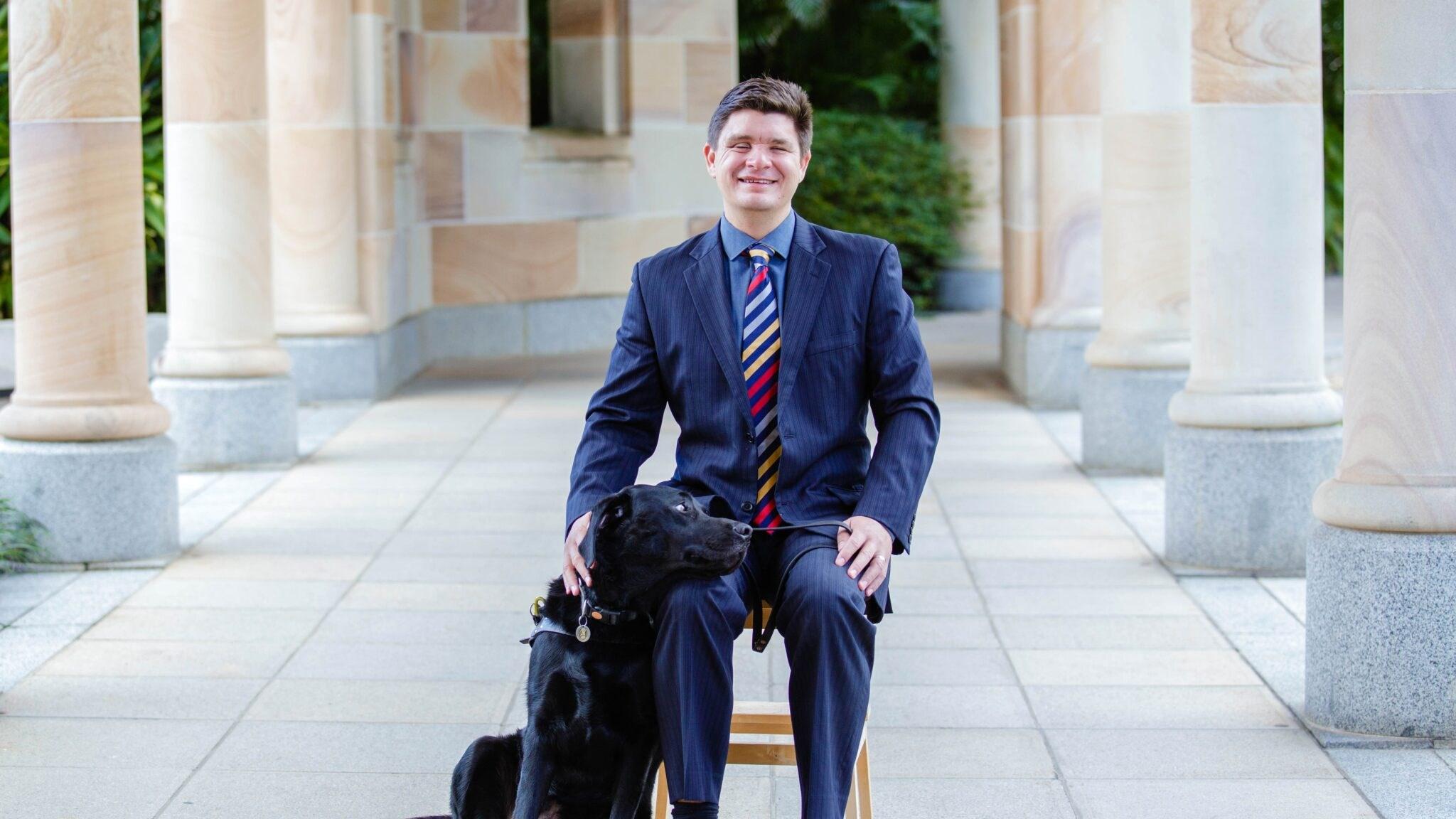
Professor Harpur as an Advisory Board member.
He is dedicated to advancing disability rights and inclusion and holds a prestigious fouryear ARC Future Fellowship focused on supporting universities to become disability champions of change.
An Associate with the Harvard Law School Project on Disability, Professor Harpur also chairs sector-wide disability steering group Universities Enable and serves as an Australian Human Rights Commission Include Ability Network ambassador.
Beyond his impressive contributions to academia and disability advocacy, Professor Harpur has a remarkable personal history.
Demonstrating his commitment to excellence and perseverance, he is a dual Paralympian and, in 2022, was honoured as the Blind Australian of the Year.
Most recently, Professor Harpur was awarded the Medal of the Order of Australia for service to people with disability at the 2024 Australia Day Honours.
Curtin University Vice-Chancellor and ACSES Advisory Board Chair Professor Harlene Hayne said ACSES was honoured to have
Professor Harpur said Universities and Vocational Education and Training were the ideal machines to help drive inclusion.
“Higher education trains the leaders of tomorrow, employs the leaders of today and produces research and innovation that opens the doors of opportunity to everyone,” Professor Harpur said.
“
I am honoured to have the opportunity to have a leadership role in supporting ACSES in its mission to change higher education for the better.”
ACSES Executive Director Professor Shamit Saggar said Professor Harpur would be an invaluable asset to the Centre’s Advisory Board.
“Professor Harpur’s remarkable contributions to academia and disability advocacy, coupled with his drive for positive change, are a perfect match with ACSES’s vision to create a nation where no student is left behind,” Professor Saggar said.
“
We look forward to benefiting from his leadership and knowledge as we continue this work.”
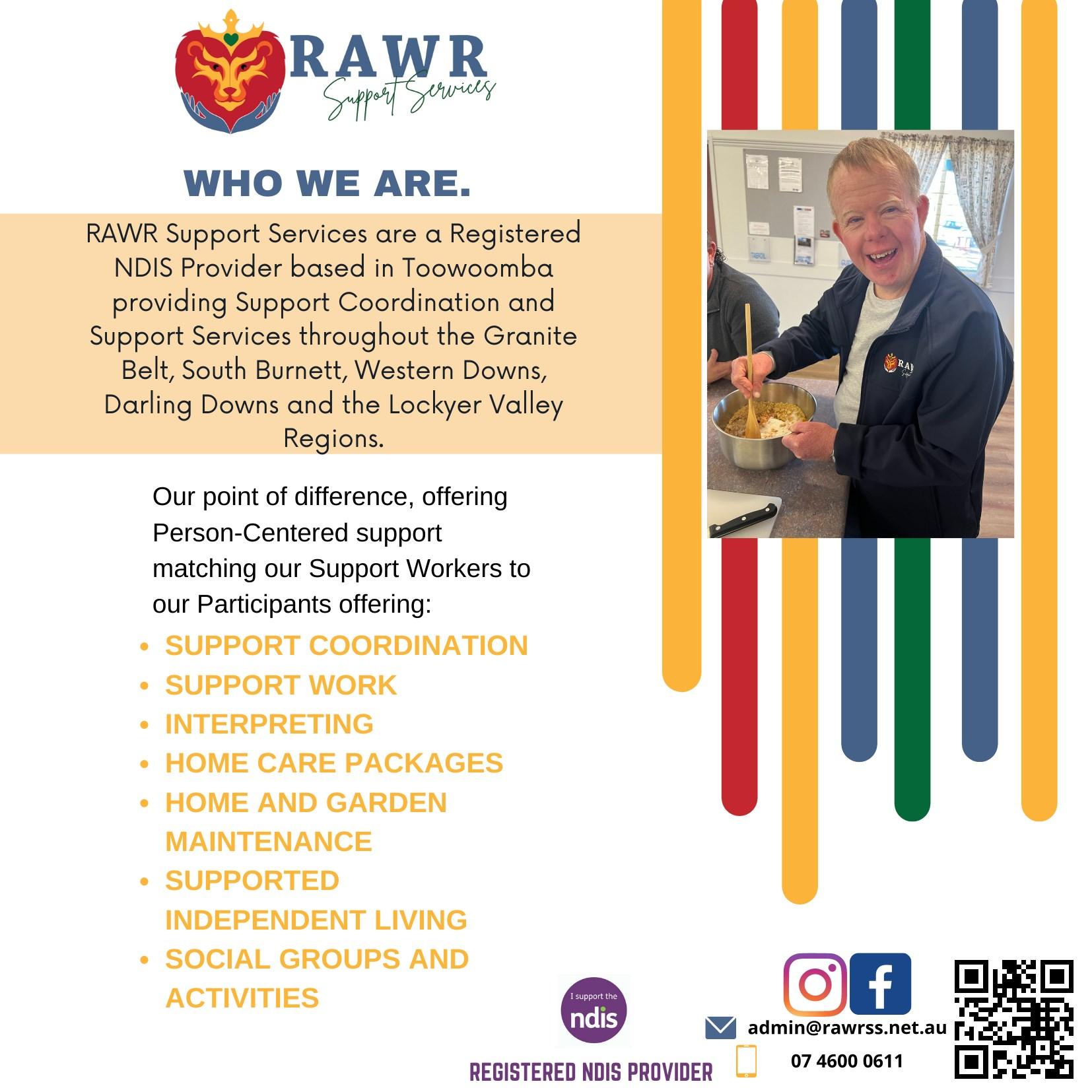


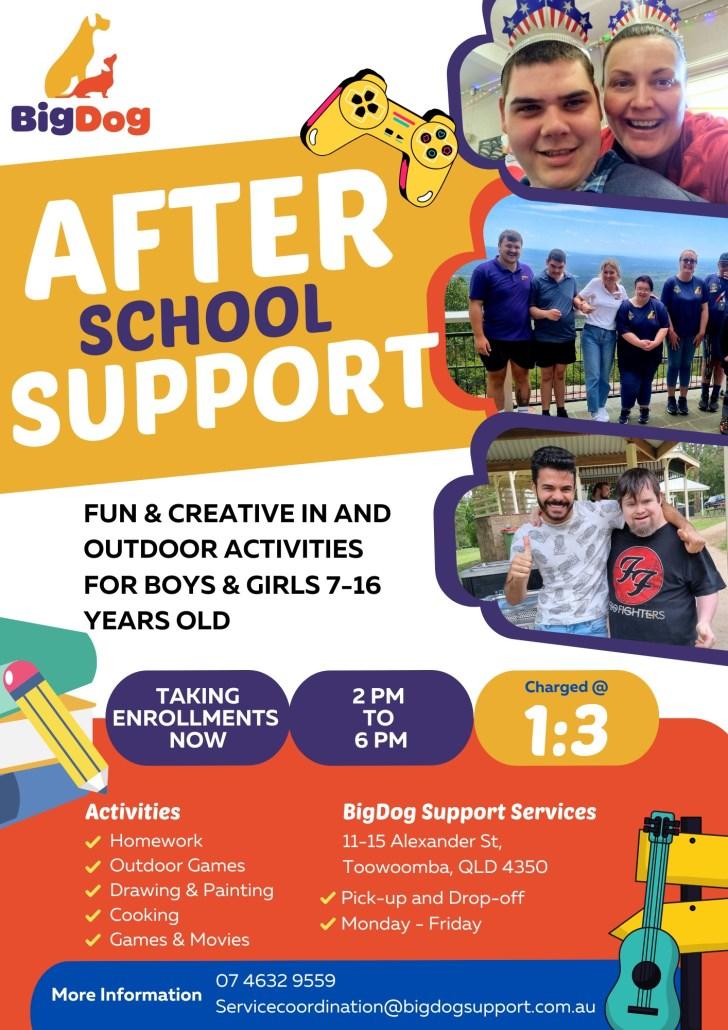
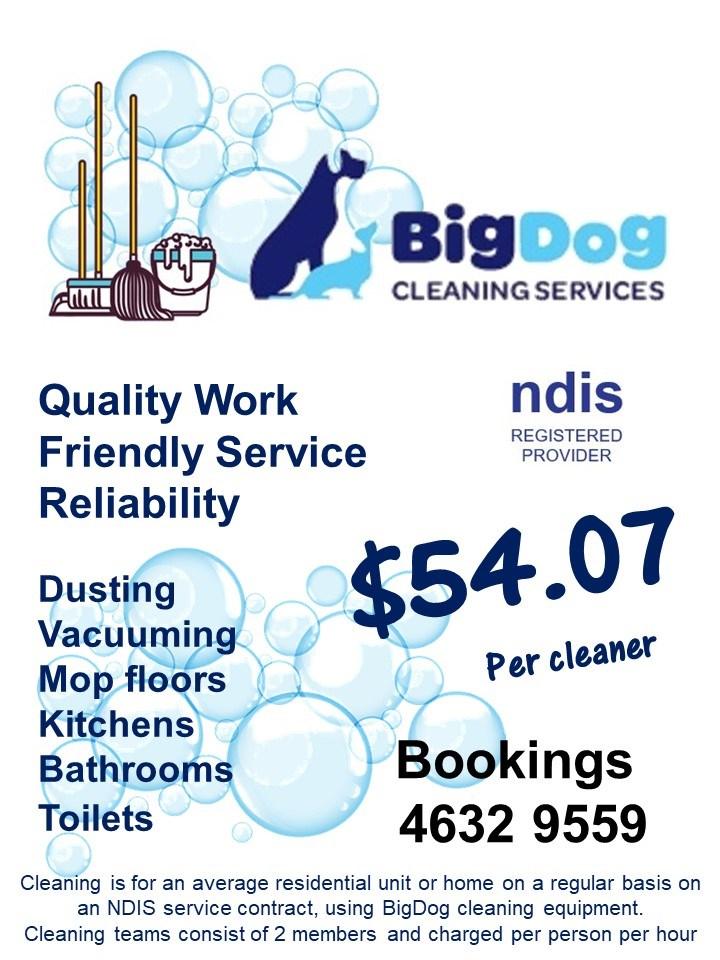


Mobile Cryotherapy Toowoomba was created to bring cutting-edge cryotherapy treatments directly to the homes of people in Toowoomba and its surrounding area's, revolutionising the way individuals experience pain relief and recovery. With a focus on convenience and effectiveness, our mobile unit delivers targeted localised cryotherapy sessions tailored to each client's needs.
If you've never heard of Cryotherapy, it is a therapeutic treatment involving localised exposure to extremely cold temperatures (78* C and 50 Bar pressure) for a short duration using medical-grade liquid CO2 Gas. This highly targeted method aims to reduce inflammation, alleviate pain, and promote healing in various conditions such as arthritis in hands and feet, plantar fasciitis, muscle tears and soft tissue injuries, tennis elbow, knee pain, back or neck pain. It also helps heal and effectively reduce swelling in post-operative patients, assisting in regaining mobility and quality of life faster.
With an integrated thermal imaging camera, we can actually see and specifically target problem areas, allowing for a very customised treatment for every client. The treatment is fast, dry and painless and patients usually experience relief almost instantly upon application. We take the targeted area
from approximately 34 to 35 degrees Celsius, back to 4 degrees in approximately 30 seconds. This triggers an immediate analgesic effect by activating the body’s neurotransmitters, inducing a surge of endorphins for pain relief and a sense of euphoria. Simply, we use the body's natural mechanisms to heal itself.
Whether you're managing a chronic condition, such as arthritis, have suffered a recent injury or operation such as knee surgery, or even an athlete looking to boost recovery time, Mobile Cryotherapy Toowoomba provides a customised solution to support your health and vitality. We ensure a safe and comfortable experience, guiding you through each session to maximise its benefits.
We are committed to helping individuals in and around Toowoomba unlock their full potential and live life to the fullest. Experience the difference cryotherapy can make in your life – contact us today to schedule your personalised session.
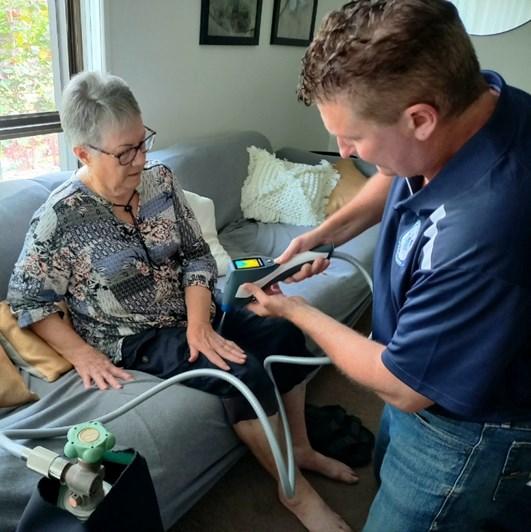
A home care and disability service provider in South-East Queensland has recently been fined $27,000 for its failure to comply with a compliance notice issued by the Fair Work Ombudsman. Community Health, Emergency Care and Support (CHECS) Pty Ltd received this fine in addition to a Court order requiring the service provider to backpay outstanding employee entitlements in full to its former employee.
Employers may receive a compliance notice from the Fair Work Ombudsman if a Fair Work Inspector requires an employer to fix a breach of an Australian workplace law.
One of the most common breaches leading to a Compliance Notice is unpaid wages or underpayment of wages under the relevant award or industrial instrument.
A compliance notice will set out the following information:
• The workplace law breached by the employer;
• The remedial action required to be taken by the employer (for example, payment of the unpaid wages and/or evidence to demonstrate the remedial action taken);
• The timeframe in which the employer is required to resolve the issue;
• The steps the employer can take to have the compliance notice reviewed by a court; and
• The consequences if an employer does not comply with the compliance notice.
In the abovementioned case relating to CHECS Pty Ltd, the compliance notice required the service provider to make a backpayment of unpaid wages to a casual disability support worker it employed from October to November 2021.
The Fair Work Inspector issued the compliance notice upon forming the belief that the worker was not paid any wages for the final two days of employment, as was required in accordance with the Social, Community, Home Care and Disability Services Industry Award 2010.
Fair Work Ombudsman Anna Booth said that business operators that fail to comply with the requirements set out in their compliance notices need to be conscious that they may face penalties in court in addition to having to back-pay their employees.
The Fair Work Ombudsman has stated that they are making it a priority to take action to improve compliance in the care sector. They have also encouraged employees to access the Fair Work Ombudsman’s free advice, assistance and resources if they have any concerns about their pay or entitlements.
This comes as a timely reminder for employers in all industries, and particularly those in the care sector, to:
Ensure that their employees are paid, at a minimum, their entitlements under the relevant modern award or industrial instrument;
If a compliance notice is received, employers should read the Notice carefully and take timely and appropriate action in response;
Cooperate and liaise with the Fair Work Inspector as to any requirements made of them.
Some of the most significant recommendations by the Review were related to electronic payments and the future of the Plan Management function (repeating, again, that none of these recommendations are set in stone and no action has commenced yet).
The Review recommended two significant changes:
1. A move to fully electronic payments, designed to create simpler processes for all providers, registered or not, to make claims. This is described as a ‘multichannel digital payments approach’ to make it easier to pay any provider and enable participants to better monitor Plan spend. There are no further details in the recommendation on what a ‘multi-channel digital payments approach’ actually looks like in an NDIS context. In the non-NDIS world, if I owned a coffee shop this might mean customers can use cash, card, gift cards, or purchase some beans through my online shop, etc.
2. The second aim of the new payment system will be the end of reimbursements. Participants will no longer need to pay for something out of their own pocket and then be reimbursed, as the provider will be able to seamlessly connect with the new payment system (in theory).
This would remove the need for the Plan Management function. Specifically, the Review Final Report recommends “the Australian Government should develop and implement a clear transition path for existing Plan Managers.”
The driver for this seems to be more visibility and transparency for the Agency on payments. Under the current Plan Management model, the NDIA has minimal visibility over payments.
They have tried Band Aid solutions to ad-
dress this in recent years, like requiring ABN information to be submitted by Plan Managers when claiming. However, the Review is suggesting a more fundamental redesign of the current system.
The Review did say that people choose Plan Management because it allows more choice (compared to Agency Management) and is administratively easier (compared to SelfManagement).
No action has been taken on this recommendation, nor has a timeline or roadmap been created for implementing it. The Review is clear that any transition out of Plan Managers will need to take time and that Plan Managers “still have an important role to play in supporting prevention, detection and response to non-compliance, sharp practice and fraud”. And supporting participants to execute choice and control, of course.






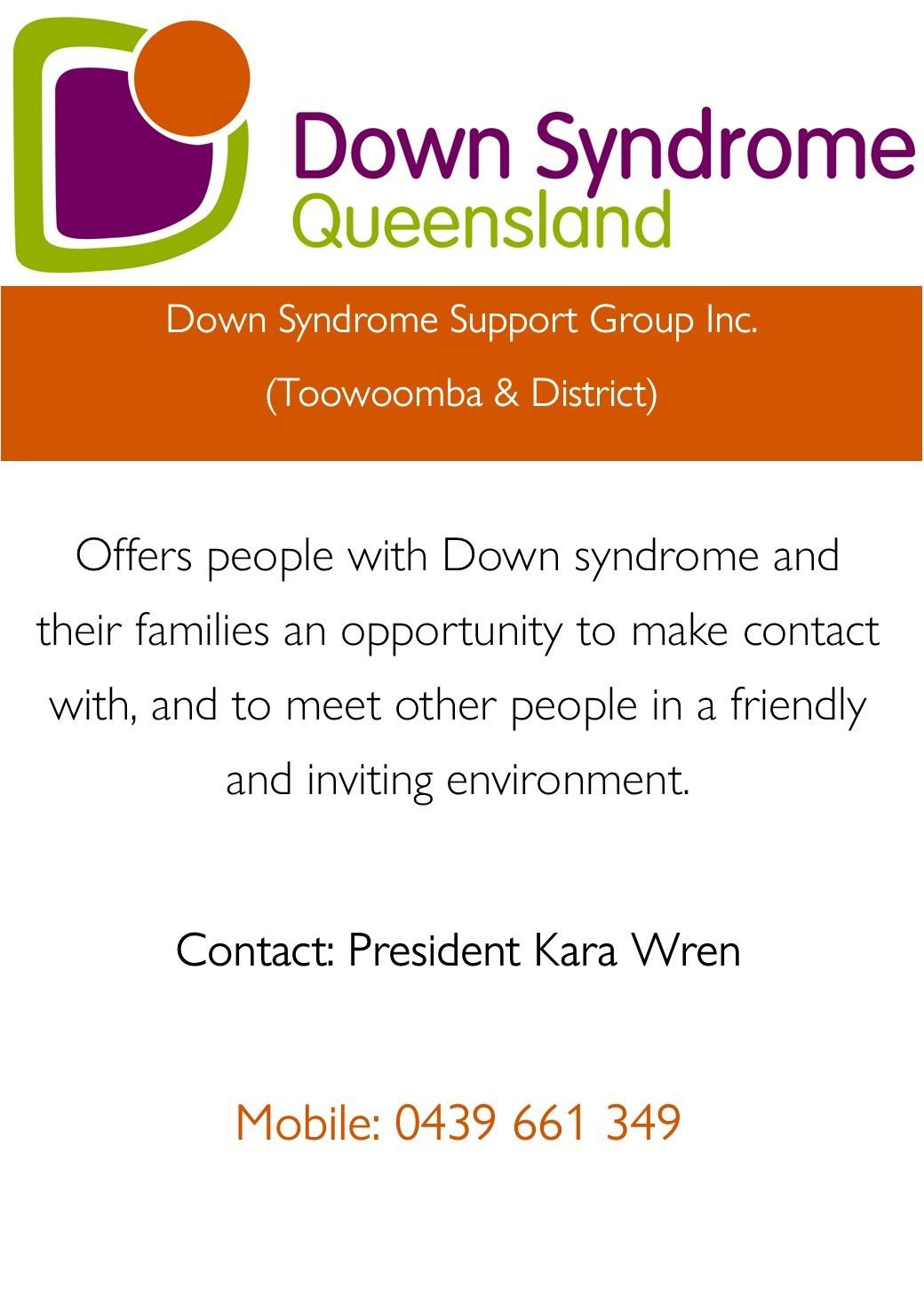
From 1 July 2024, changes to the Incorporated Associations Act 1981 (Qld) (“the Act”) will come into effect, which requires associations to have an internal dispute resolution process and also imposes new remuneration disclosure requirements.
These changes may necessitate amendments to the governing rules of many associations in Queensland, so it is important that you understand these changes and the implications that they may have for your association from 1 July 2024.
From 1 July 2024, incorporated associations must adopt a grievance procedure policy for internal conflicts. Associations may either:
• adopt the model rules grievance procedure put together by the Office of Fair Trading; or
• adopt another procedure that complies with section 47A of the Act.
If your association does not have an internal dispute resolution procedure and you wish to follow the model rules grievance procedure, you do not have to make any changes to your rules - the Model Rules will automatically apply.
If you have an existing dispute resolution procedure that complies with section 47A, then you can continue to follow it. If your existing procedure is not compliant, it will be invalid from 1 July 2024, and the Model Rules will automatically apply.
If you want to modify an existing procedure, or your association wants to adopt a compliant procedure other than
the Model Rules, you should do so before 1 July 2024.
We recommended that all management committees should consider this change at a meeting as soon as possible, to determine the best course of action.
The Model Rules will not always be appropriate for every association, and it may be more prudent to adopt a custom procedure.
Our team are willing and able to assist by providing your incorporated association with advice regarding an appropriately tailored grievance procedure that is suitable for your association’s needs and compliant with the updated requirements of the Act.
Also from 1 July 2024, all incorporated associations will be obligated to disclose remuneration and other benefits at their Annual General Meeting (AGM), including remuneration and benefits given to management committee members, senior staff and their relatives, even if the amount to report is zero.
This disclosure may be done with a single, collective number, but it must include the number of people who benefited.
This change will apply to all incorporated associations, even if they are registered with the Australian Charities and Not-for-profits Commission and are exempt from submitting financial reports.
Disclosure must be in an approved written form unless the total is zero, in which case the disclosure may be verbal, but must be recorded in the AGM minutes.
Failure to comply with the new disclosure rules can incur a penalty for each member of the Management Committee.
Life Without Barriers, a national registered charity is calling on Australian Airlines and Government to implement better air travel standards that uphold the human rights of people with disability.
In a recent event at Melbourne Airport, Emma Bennison, the organisation’s chief innovation officer, who is blind, was abandoned in an airport for over an hour and a half while waiting for assistance from a staff member with Jetstar.
Bennison said this is one of many instances where Australian airlines have failed to meet support obligations for people with disability.
“To be left alone, with no way to contact staff for nearly 90 minutes shows the blatant disregard airlines have for me as a person with disability. It was stressful and humiliating,” Bennison said.
“I ultimately had to contact a travel agent to be rescued. Had it not been for their intervention, I might still be there.”
Bennison said she expects airlines will meet their obligations to uphold her human rights and that when they don’t, it’s up to the person with a disability to hold airlines to account.
“I have had to spend time lodging a complaint which was ignored,” she continued.
Jetstar have failed to provide a meaningful response to my complaint and in their acknowledgement, the airline couldn’t even manage the basic respect to get my name right. Jetstar still has not responded to the very reasonable requests I have made for the complaint to be resolved.

“I have now lodged a complaint of disability discrimination with the Australian Human Rights Commission.
“This isn’t just a problem with Jetstar, poor treatment for people with disability when travelling by air is across the board.
“There is a serious lack of regulation in Australia’s Aviation Industry around accessibility so that people with disability can travel with dignity, safety and freedom. Chief operating officer, Mark Leigh, said as an organisation that works in every state across the country, we must be able to ensure safe and dignified travel for our employees.
“Every employee has the right to safety when they travel, people with disability who may require support should not be treated as second-class citizens by any Australian airline,” Leigh said.
“I am deeply concerned that a staff member was left without any assistance by a major national airline despite the booking being made to identify our staff required disability assistance.
“We expect a response and assurance the airline is immediately taking action to prevent this from happening again.
“We are extremely disappointed that Australia’s Aviation Industry has failed to provide timely and appropriate assistance to one of our senior leaders. There is no excuse for leaving someone waiting in an airport with no update, explanation or guidance.”
A Jetstar spokesperson told Travel Weekly that it has since been in contact with Bennison for more information about her experience in order to fully review her case and said that the airline takes her concerns very seriously.
“We’re committed to delivering a comfortable and safe travel experience for every customer including those requiring specific assistance,” a Jetstar spokesperson said.
“As part of our service, we provide assistance for customers from the aircraft to the baggage carousel.”
Jetstar has a contact centre team to assist customers in scenarios such as this, though as a low-cost-airline it admits it does not have the systems, staff or supporting facilities to provide the same level of assistance offered by full service airlines.

Consultation has just started on a National Skills Passport that would clearly have benefits for the disability sector workforce – that process is being led by the Department of Employment and Workplace Relations.
In September 2023, alongside the release of the Employment White Paper, the Australian Government announced it would consult widely to develop a business case for the Passport.
The Passport has the potential to help with education and employment decisions. It could help workers promote their qualifications, upskill and reskill, and help businesses find staff with the right skills. People who participate could view and share evidence of their skills and qualifications in a trusted, seamless, and integrated digital system. The Passport could also connect with other relevant services, make life easier for employers, employees and jobseekers, and help people upskill and reskill.
It was acknowledged that the NDIS Commission has been hamstrung by inadequate information and communications technologies investment, leading to missed opportunities to reduce the regulatory burden on providers.
The Review recommends technology is tailored to individuals, rather than one-size-fits -all, highlighting things like digital experiences tailored to diverse needs (including people with an intellectual disability). There is very little information about what this might look like.
Data is the new oil, and the Review doesn’t shy away from highlighting the value of data - for market stewardship, for market monitoring, and for price setting.
The Review says that digital improvements won’t happen overnight. So, these changes – if they come to fruition – will take a long time to design, create and implement.
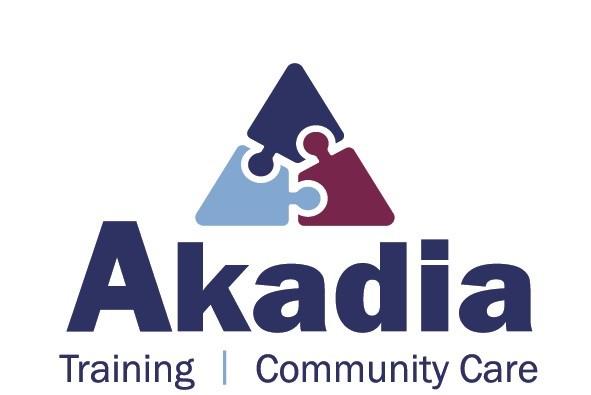
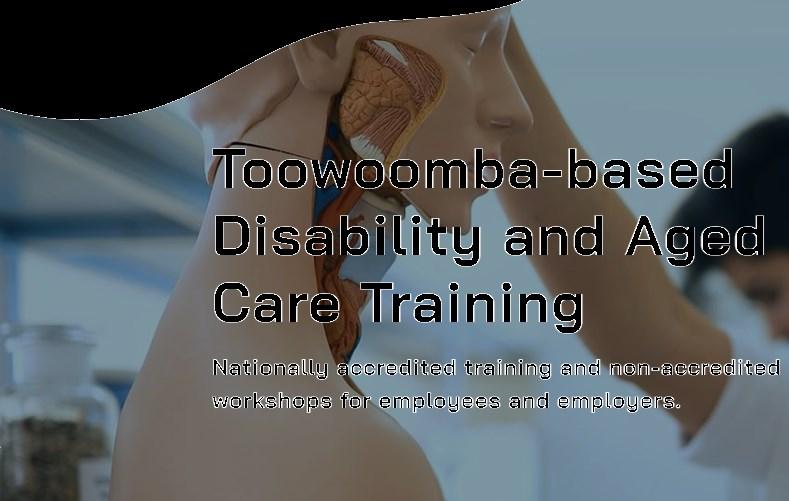
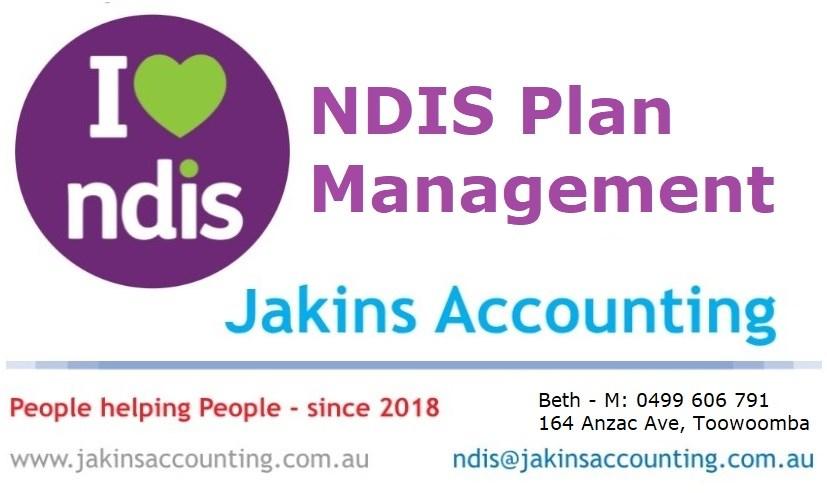



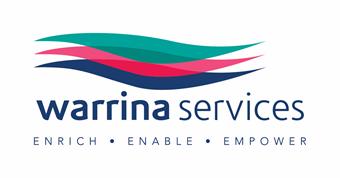
Warrina Services is a specialist support agency that has been providing individual support to people of the Darling Downs since 1986. We support people with a diverse range of needs and also provide mental health services to assist personal recovery.
We can help you to achieve positive outcomes in your life. These may be related to choice and independence, education or training, attending social activities, increasing skills, getting a job or contributing to your community.
If you would like further information please visit our website
www.warrinaservices.org.au Or contact us
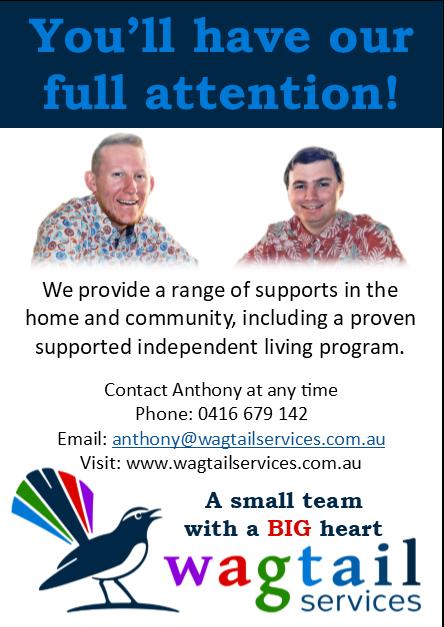
The knees function as hinges, allowing your legs to swing forwards and backwards smoothly as you walk, kick and run. The kneecap, also known as the patella, sits at the front of the knee and has a variety of functions, including guiding the muscles that straighten the knee, protecting the knee joint and absorbing forces when the knee is bent. When something goes wrong and the kneecap doesn’t move up and down smoothly, the soft tissue between the kneecap and the knee can become irritated, causing pain in a predictable fashion. This is called patellofemoral pain syndrome (PFPS), sometimes also referred to as PFJ syndrome or runner's knee.
Pain is usually felt on the inside of the kneecap when you put pressure on your knees by running, squatting, bending, using stairs, or hopping. Sitting for long periods of time or keeping your knees bent could also result in pain.
The kneecap sits in a shallow groove at the front of the knee and usually moves up and down as the knee bends and straightens without too much trouble. The quadriceps muscles, located at the front of the thigh, contract and pull on the kneecap, which then attaches to the lower leg and acts to straighten the knee. If one side of the quadriceps is stronger or tighter than the other, it can cause the kneecap to pull to one side and over time become irritated.
The cause of muscle imbalance or weakness can be for many reasons. In general, the outer muscles of the thigh tend to be stronger and tighter than the inside muscles.
If you have poor posture and hip position, this often causes the outer muscles to work harder and the inside muscles to become weaker. Lack of arch support in your feet or simply a physical abnormality of the knees can also cause this condition.
Diagnosing patella-femoral pain syndrome correctly is important because pain on the inside of the knee can also be caused by injury, dislocation, inflammation, arthritis and a variety of other less common diseases. With that in mind, it is helpful to know that your physiotherapist can diagnose PFPS and identify its likely causes. Whether it is due to poor posture, a lack of arch support in your feet, or poor running technique, your physiotherapist will assess the problem and provide a specific treatment program to best approach your condition. PFP syndrome usually responds quite well to biomechanical analysis and correction of any muscular weakness and imbalance.
Having the correct shoes and orthotics can also make a huge difference. There are some short-term treatments, such as patella taping, try needling, trigger point therapy and ultrasound, which may help alleviate symptoms quickly and keep you active while you address the other factors contributing to your pain. In the rare case that your condition is not helped by physiotherapy, surgery is also considered as last resort. For more information, please feel free to ask your physiotherapist.
None of the information in this article is a replacement for proper medical advice. Always see a medical professional for advice on your individual injury.
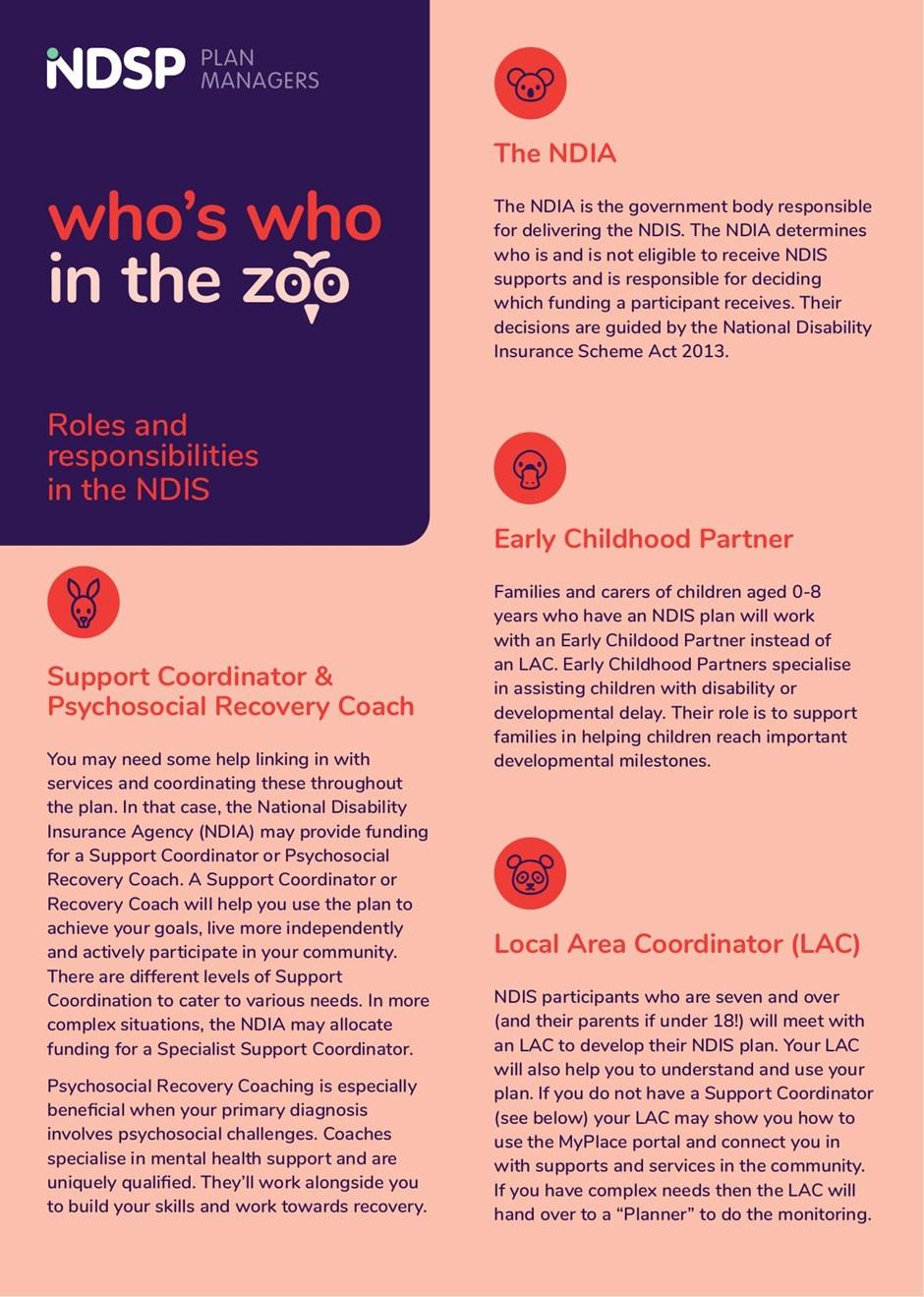
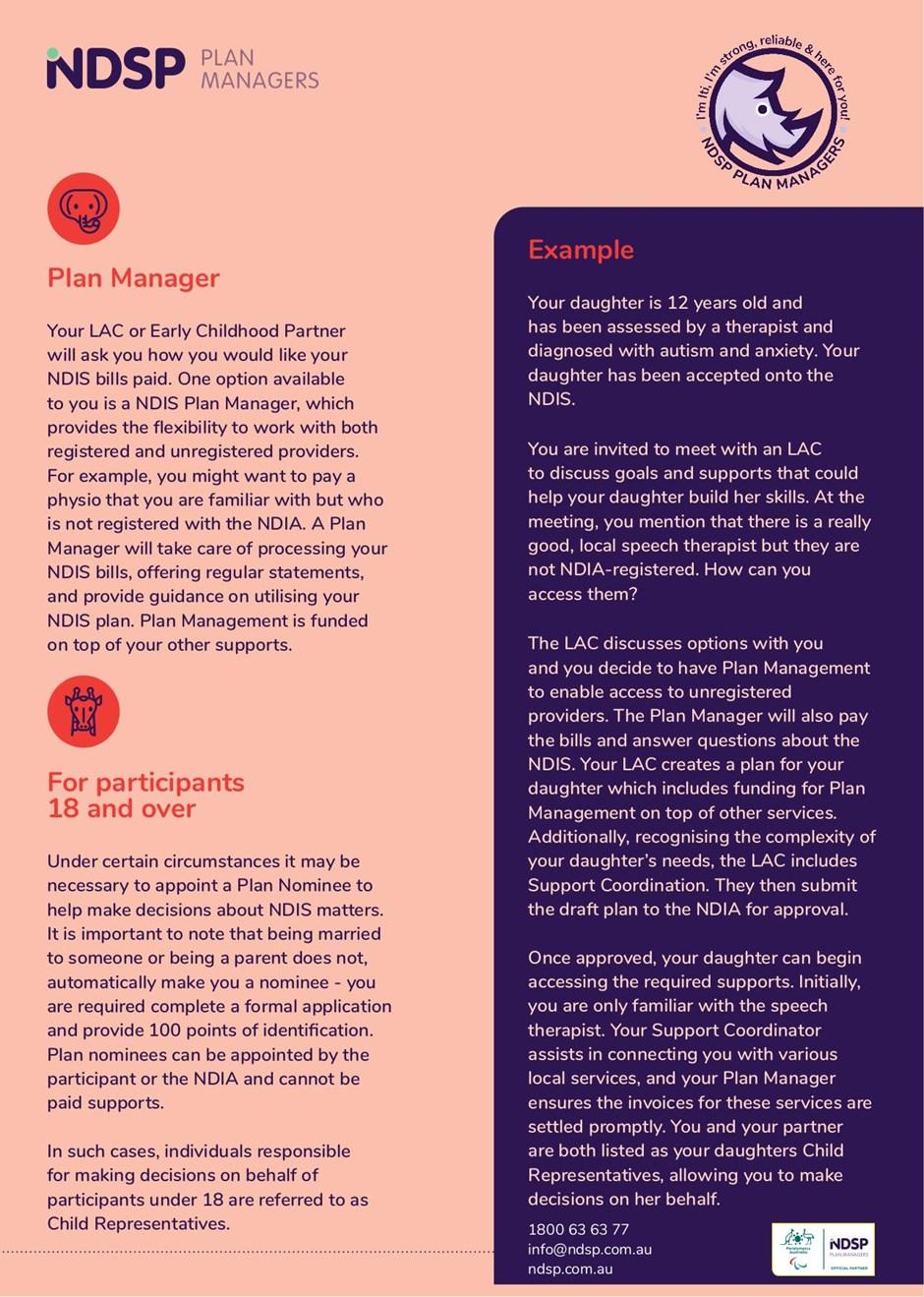
An unofficial NDIS event held by a private company in the Great Hall at Parliament House, which cost hundreds of dollars to attend, has been referred to the consumer watchdog after wrongly promoting that government ministers would be in attendance.
The event, the National NDIS Review Conference was hosted on Friday by Communities of Practice, and attended by people living with a disability, disability support workers, and disability service providers.
Communities of Practice, a services provider that has been running for three years, whose website said it comprised of "groups of people who share a common interest and passion for improving outcomes for people with disabilities".
The event page on the website advertises that the federal NDIS Minister Bill Shorten, the ACT Minister for Disability, Rachel Stephen-Smith, and the former NDIS Commissioner, Tracy Mackey, would be attending.
Mr Shorten is advertised to have been giving an "exclusive interview" and "keynote address" and that Ms Stephen-Smith was described as a "panellist", and the minister's office confirmed the event itself cost hundreds of dollars to attend.
The minister's office had told the event organisers on February 27 and 28 that Mr Shorten would not attend. It reiterated that advice to organisers on March 7 when his office also asked that marketing materials distributed reflect that he would not be in attendance.
In one email from his office to organisers, obtained by the ABC, it said: "As you'll appreciate, it is imperative that attendees and prospective attendees are accurately informed about the speakers at the conference."
In a statement from Mr Shorten's office, it said he was "gravely disappointed" that organisers kept promoting his attendance, selling tickets and sharing the event with the disability community, "with false advertising material" that said he would be attending.
"The minister repeatedly asked organisers to stop using his name to promote the event, and on the 7th of March reiterated to organisers that he would not be attending and asked them to update their promotional material to ensure attendees were informed," the statement said.
"The minister has referred the matter to the ACCC to investigate if organisers displayed misleading conduct to hundreds of at-
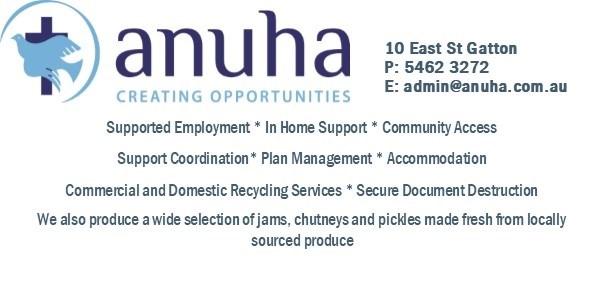


tendees from the NDIS and disability communities or breached any laws, as he is furious at the failure to inform prospective attendees that he was not attending."
ACT minister Ms Stephen-Smith's office said she had declined an invitation to the event in March because of a scheduling conflict.
On the Eventbrite page for the event, where attendees were directed to buy tickets, it advertises a keynote address from Ms Mackey and "Convener, NDIS Summits" and chair and non-executive director: public policy advisor Dev Singh, who hosted the event at Parliament House.
An email address, that appeared on the Eventbrite event page for Mr Singh and that Mr Shorten's office had been in contact with, is no longer valid.
The event organisers' website did not name anyone who was involved in the service and a LinkedIn for Devinder Singh did not say he was involved with Community of Practice. It did include that he had been involved with, or was still involved, with multiple disability services as a member, chairperson or director.
"Our distinguished panel of 27 thought leaders will navigate the nuanced landscape of these recommendations, fostering insightful discussions and strategic insights," the website of the event said.
"With a commitment to inclusivity, the conference invited 500 attendees to participate in person, fostering meaningful connections, while an additional 1,000 individuals join virtually, ensuring widespread engagement."
Their website states that NDIS Communities of Practice are groups of people who share a common interest and passion for improving outcomes for people with disabilities.
The primary purpose of these communities is to promote social learning and collaboration among members, and to create an environment where everyone is learning from each other, and ideas are shared, debated, and refined. Through NDIS Communities of Practice, members gain new knowledge and skills, develop relationships with peers, and build a sense of community.
Our goal is to provide opportunities for our members to engage in ongoing collaboration and connection with one another. By doing so, we aim to empower our members to drive transformation and progress within the disability sector.
We believe that knowledge exchange, innovation sharing, and the sharing of learnings from the transfer and adaption of successful policy and service design are key drivers of progress.



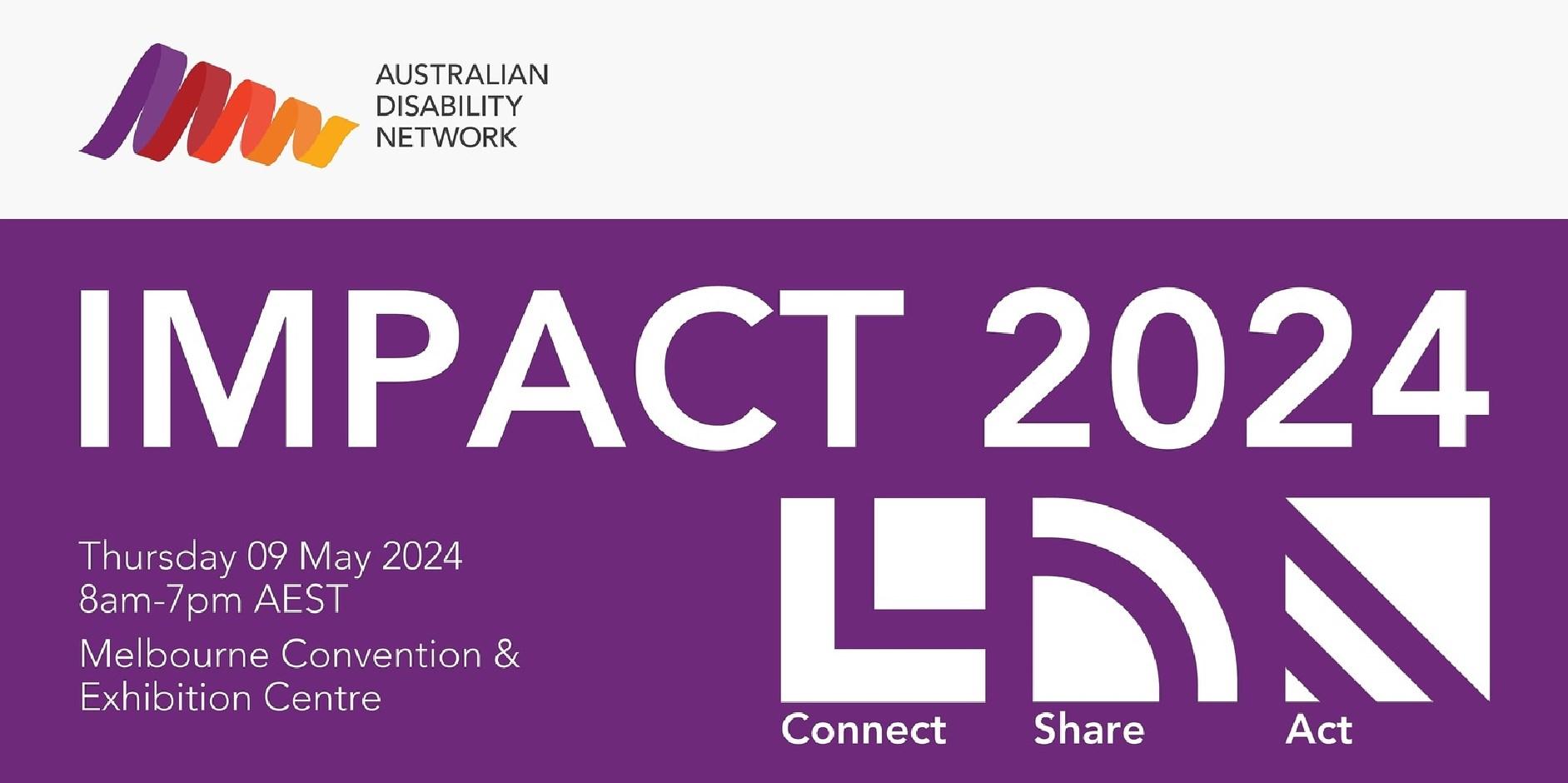

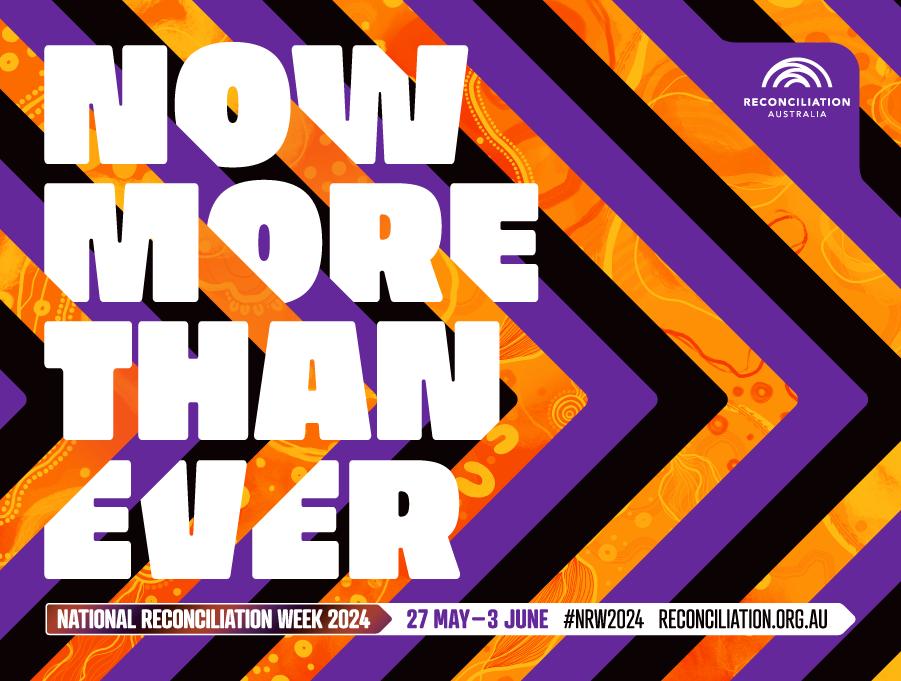

To spread the word about your next event contact WhatsUp on (07) 4632 9559 or email
spaull@bigdogsupport.com.au

The local government quadrennial elections were held on Saturday 16 March 2024. In accordance with section 100 of the Local Government Electoral Act 2011, this notice advises that the following person (s) has been duly elected for Toowoomba Regional Division 1.
• Geoff MacDonald Mayor
• Vonhoff, Rebecca Louise Councillor
• Taylor, Carol Estelle Councillor
• McMahon, Timothy Peter Councillor
• Taylor, Melissa Margaret Councillor
• O'Shea, James Joseph Councillor
• Cahill, Wayne William Councillor
• Farquhar, Edwina Jane Councillor
• Manteufel, Trevor Rodney Councillor
• Shine, Kerry Gerard Councillor
• Gardner, Gary Francis Councillor
The dam is an essential piece of our water infrastructure and is the newest and largest of our 3 water supply storage dams, holding a total water capacity of 78,847 megalitres, equivalent to about 31,538 Olympic-sized swimming pools.
The dam is about to undergo a major safety upgrade, ensuring our Region continues to have a safe and secure water supply. The estimated $250 to $300 million upgrade is
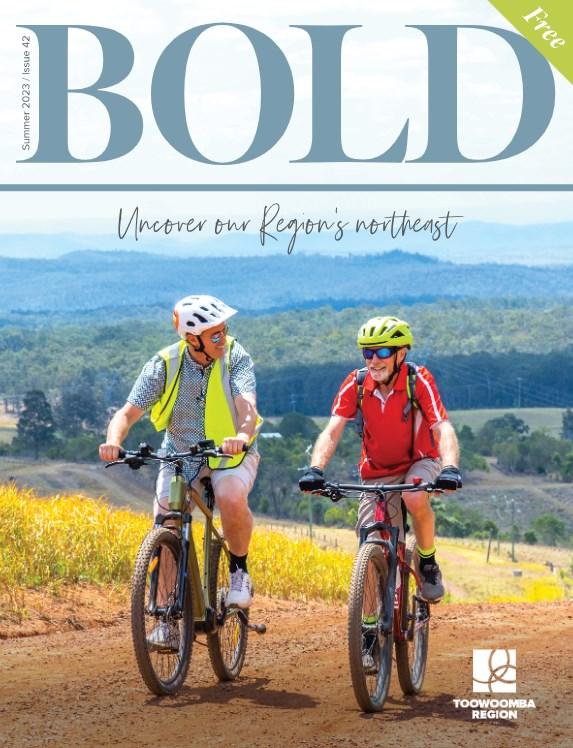
the biggest project set in motion since the dam was constructed in 1981.
There are many components to the project2, but simply, its widening the spill way to 35 metres from its current 20 metre width and increasing the dam wall by at least 1.5 metres.
This project must be completed by October 2025.


(9:00am to 3.00pm)
A question on disability or a service you require? Try us, most of our volunteers have a disability themselves and will be glad to assist you. If we can’t help, we will refer you elsewhere. JP services are also available
11-15 Alexander Street Toowoomba (07) 4632 9559
A volunteer disability service organisation run by people with a disability





PUBLISHER: Disability Media Association Inc (Australia) (DMAA)
TELEPHONE: (07) 4632 9559
OFFICE: Paul Myatt Community Centre 11-15 Alexander Street Toowoomba (open Monday to Friday 9:00am-3:00 pm)
POSTAL ADDRESS: PO Box 3621 Toowoomba QLD 4350
E-MAIL: spaull@bigdogsupport.com.au
MANAGEMENT BOARD: Steven Paull (President) Courtney Carroll (Editor) Jess Wright (Secretary) Ann Paull (Treasurer)
CONTRIBUTORS: Bronwyn Herbertson, Sharon Boyce, Aidan Wilcock, Dean Gill, Jess Wright, Steven Paull and many others.
PUBLISHED
January/March/May/July/September/November
ABN: 72 821 350 911
PRINT POST APPROVED: PP 424022/ 1811
DISCLAIMER/INDEMNITY

Articles and adverts reproduced on these pages are accepted and published in good faith. It is a condition of acceptance that advertisers and article writers accept full responsibility for their advertisements and articles, and will fully indemnify the producers in the event of any claims or legal proceedings against them. Articles published are not necessarily the view of the publishers. Advertisements are also accepted on the basis that they do not conflict with any discrimination laws or other laws currently in force.
ADVERTISING
Although we are a volunteer and non profit organisation, we are not funded in any way, and have to cover costs of this publication by charging for advertising. WhatsUp reserves the right to adjust, resize or move advertisements when necessary to allow for editing
WhatsUp IS AVAILABLE FROM:
1) SUBSCRIPTION (In advance) $20 per year (includes delivery/postage).
2) A single edition of WhatsUp can be bought at the office and selected outlets. You may also subscribe by using the form on the outside cover.
3) Reference copies are held in the Tourist Office and Toowoomba Library.
Copyright Protected. All pages are subject to copyright law and may be copied only with the permission of WhatsUp. Copies are not to be used commercially or for profit or for personal financial gain. Permission may be granted to copy only if the purpose is to give it away to others for their personal interest but not to any other organisation or service.
All articles are accepted in good faith and are not necessarily the view of the Editorial team or Management. Articles are accepted on the understanding that in the event of any claims against WhatsUp, the writer of the article will take full responsibility and indemnify WhatsUp in the event of legislation against it. Articles are also accepted on the understanding that the contents do not breach any Disability laws or other legislation currently in use.
WhatsUp In Disability is provided as a Master Copy to individuals and organisations or to view online form our website. We are environmental friendly, we do not print any more copies than is absolutely necessary. We prefer and encourage the practice of passing the magazine from person to person or copying the whole magazine to pass on to others. Permission is needed to copy (see Copyright above) When copying the magazine we require that the pages be marked ‘copy’. ANN PAULL
www.whatsupindisability.org
To contribute to the next edition please send your article to spaull@bigdogsupport.com.au
by the 20th February/April/June/August/October/December or reserve your advertising or story


